Under Another’s Will
Burul
Based on the real-life story of one of the filmmaker’s friends, Burul sheds a light on the brutal practice of bride kidnapping and amplifies the voices of oppressed Kyrgyz girls.
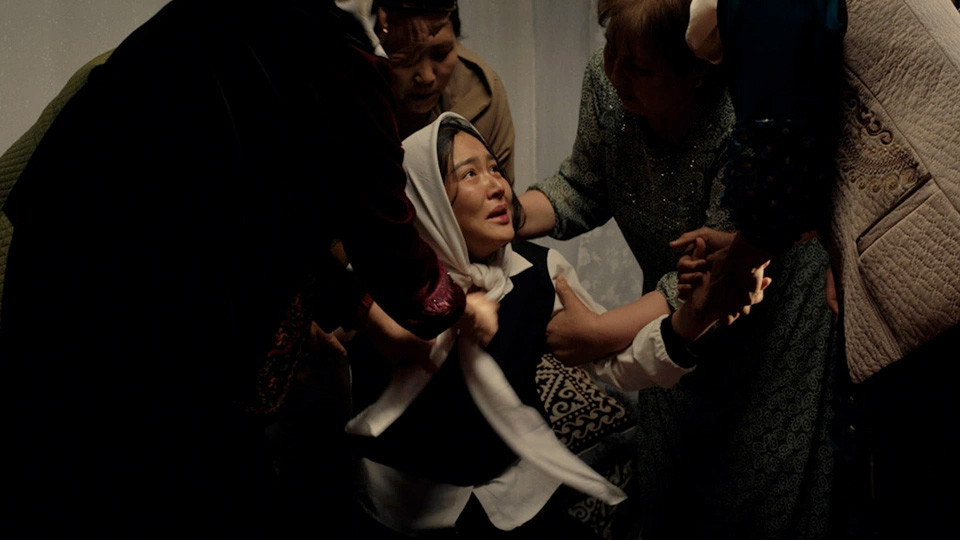
“Imagine being kidnapped on your way to the shops, then driven several miles away to a village where you learn that one of your kidnappers is to become your new husband,” Ibrahim Bilkisu writes in an article on a scathing account of a practice that’s technically illegal and yet so widespread across Central Asia: bride kidnapping. As I write these words halfway through my time at Lago Film Fest, sitting by the lake in northeast Italy where the festival takes place each summer, the warning “It’s dangerous for girls to go outside” I used to hear growing up in Georgia in the 1990s echoes through my head. Adilet Karzoev’s short film Burul is a reminder that those words still hold for countless girls who are kidnapped for marriage.
Based on the real-life story of one of the filmmaker’s friends, the film centres on the titular Burul, a teenage girl from Kyrgyzstan who is observed by an older man from the film’s onset. He watches her everywhere she goes, fetching water and attending school. We see him scout alone or with friends to ensure he has found a suitable target. This dynamic directly echoes the scopophilic practices described in Laura Mulvey’s now-famous Visual Pleasure and Narrative Cinema: in cinema, women are most often positioned as the passive object of the active male gaze, and observation becomes a source of (sexual) pleasure for the male viewer.
But Burul is not a sexual object for Karzoev. Through wide shots, the story is told from her perspective. He thereby aligns himself with the girls and strives to empathise with their experiences. Burul has no interest in getting married; her big passion is judo, and she practices every morning with a scarecrow as a training dummy. But there is no place for Kyrgyz women in strength sports, so she is told at home and school. Girls have no place in classrooms either, as they are abducted to raise families. Sadly, this ugly normality is nothing new to Kyrgyz people: known as Ala Kachuu, or “take-and-run”, the brutal practice of kidnapping brides finds its roots in medieval times along the steppes of Central Asia.
For that reason, this persistent surveillance—referred to as “scopophilia”—culminates in the middle of the film, where the stalking escalates into kidnapping. Burul, no longer only an object of observation is now also a prey, caught by her stalker. “Relax, it’s nothing; we’ve all been through it,” she is told by the women of her kidnapper’s family—a statement highlighting how Kyrgyzstan is one of the Central Asian countries that has yet to escape the shadow of its past. Burul’s story, after all, is the story of countless other Kyrgyz women through the centuries. Data collected from the Women Support Center, an organisation that fights for gender equality in the country, indicates that at least 12,000 marriages are celebrated and consummated every year against the will of the bride. They say men kidnap women to prove their manhood, avoid courtship (which is considered a tedious waste of time), and save on the payment of the kalam or dowry, which can cost the groom up to $4,000 in cash and livestock.
But Burul does not give up. Instead of surrendering to her fate, she decides to run away. To escape from captivity, she employs the trick she practiced while training with the scarecrow and successfully eludes her captor. Karzoev’s short film culminates in a happy ending, as Burul ultimately returns home. The scarecrow, thrown away by her father, is restored in place. But it also stands as a reminder that the danger has not disappeared and that sooner or later, Burul might have to use her combat tricks again. While the constitution formally prohibits child marriage, its implementation under a strictly patriarchal society doesn’t end it—no surprise then that women make up the overwhelming majority of domestic violence victims.
In a country marked by stark inequalities, cinema emerges as a powerful ally. It has the potential to amplify the voices of the oppressed, particularly those of Kyrgyz girls, inspiring them not only to persevere but to advocate for their rights boldly. Karzoev eloquently expresses in his director’s statement: “One of the important tools to combat violence is education and self-development. Girls must strive for education, sports, and art, like my friend and the film’s heroine. Then they will not fall into a vulnerable group in society.” His words resonate like a clarion call, urging young women to seize opportunities and shape their destinies. This is the transformative power of cinema.
This text was developed during the European Workshop for Film Criticism #5—a tandem workshop set during Lago Film Fest and FeKK Ljubljana International Short Film Festival—and edited by tutor Leonardo Goi.
The European Workshop for Film Criticism is a collaboration of the European Network for Film Discourse (The END) and Talking Shorts, with the support of the Creative Europe MEDIA programme.

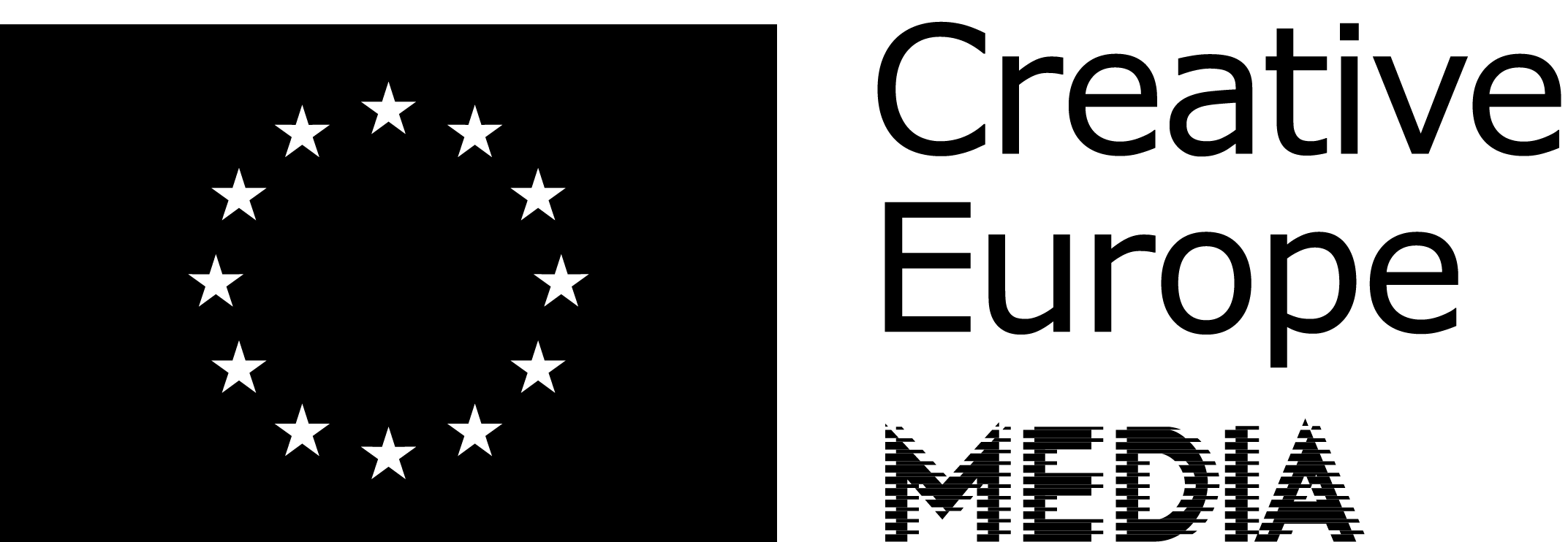


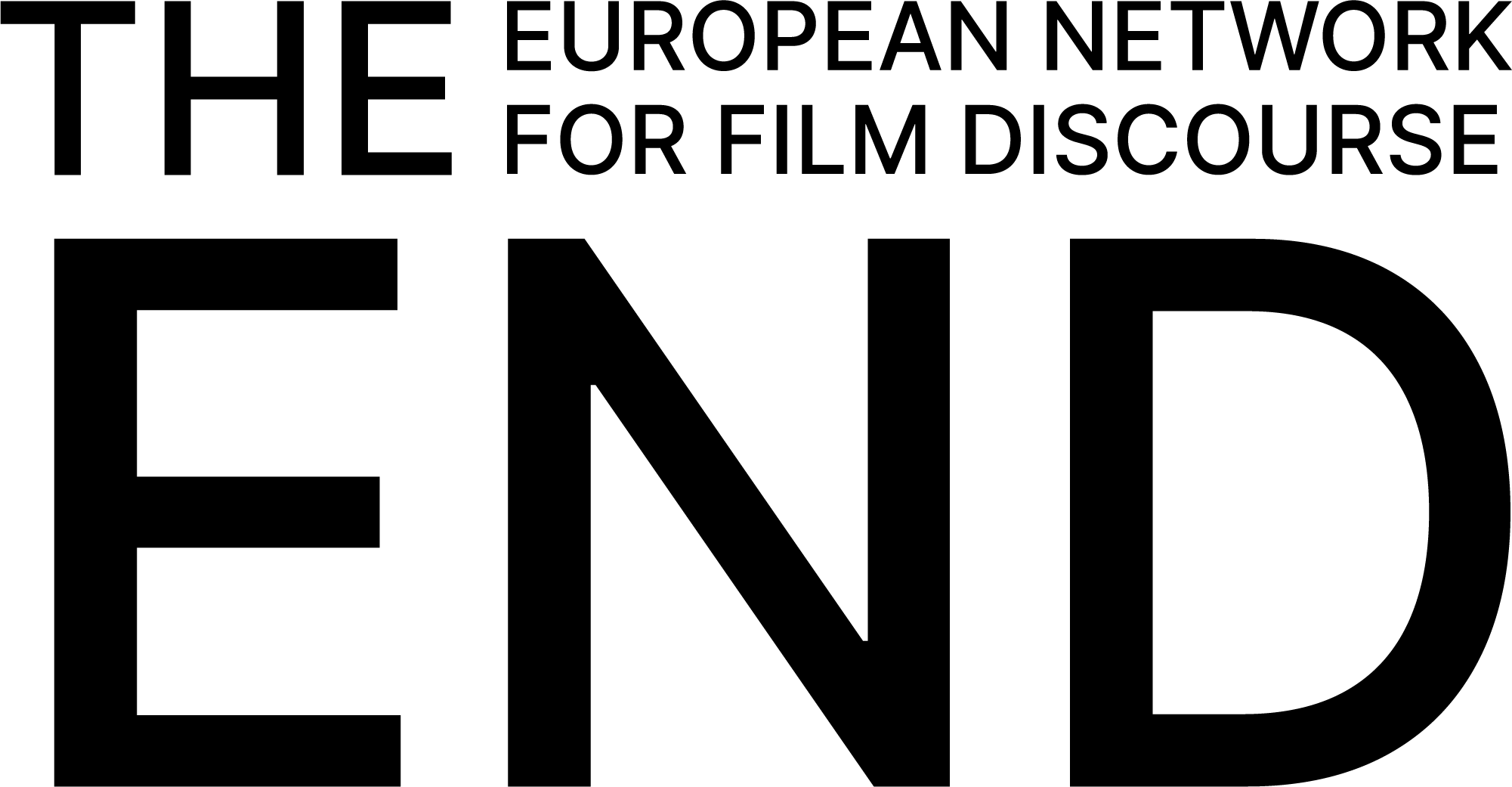
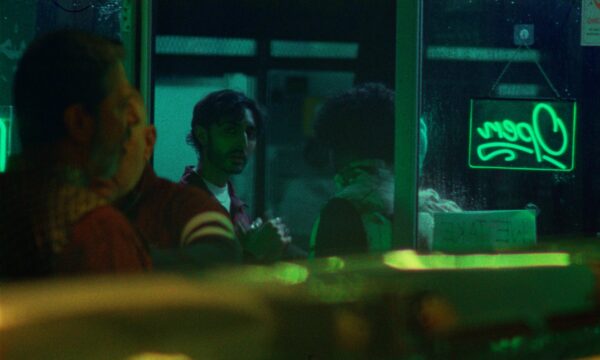
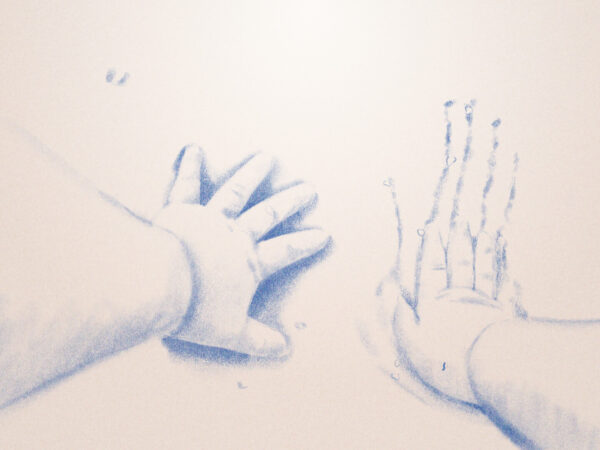
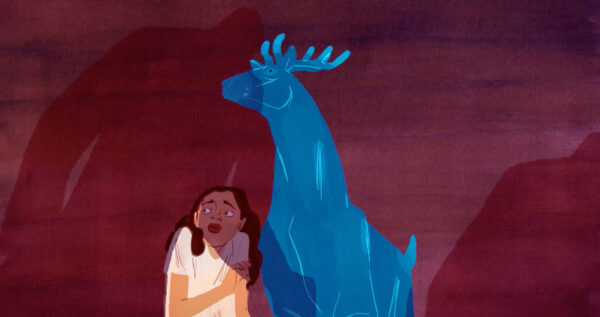

There are no comments yet, be the first!